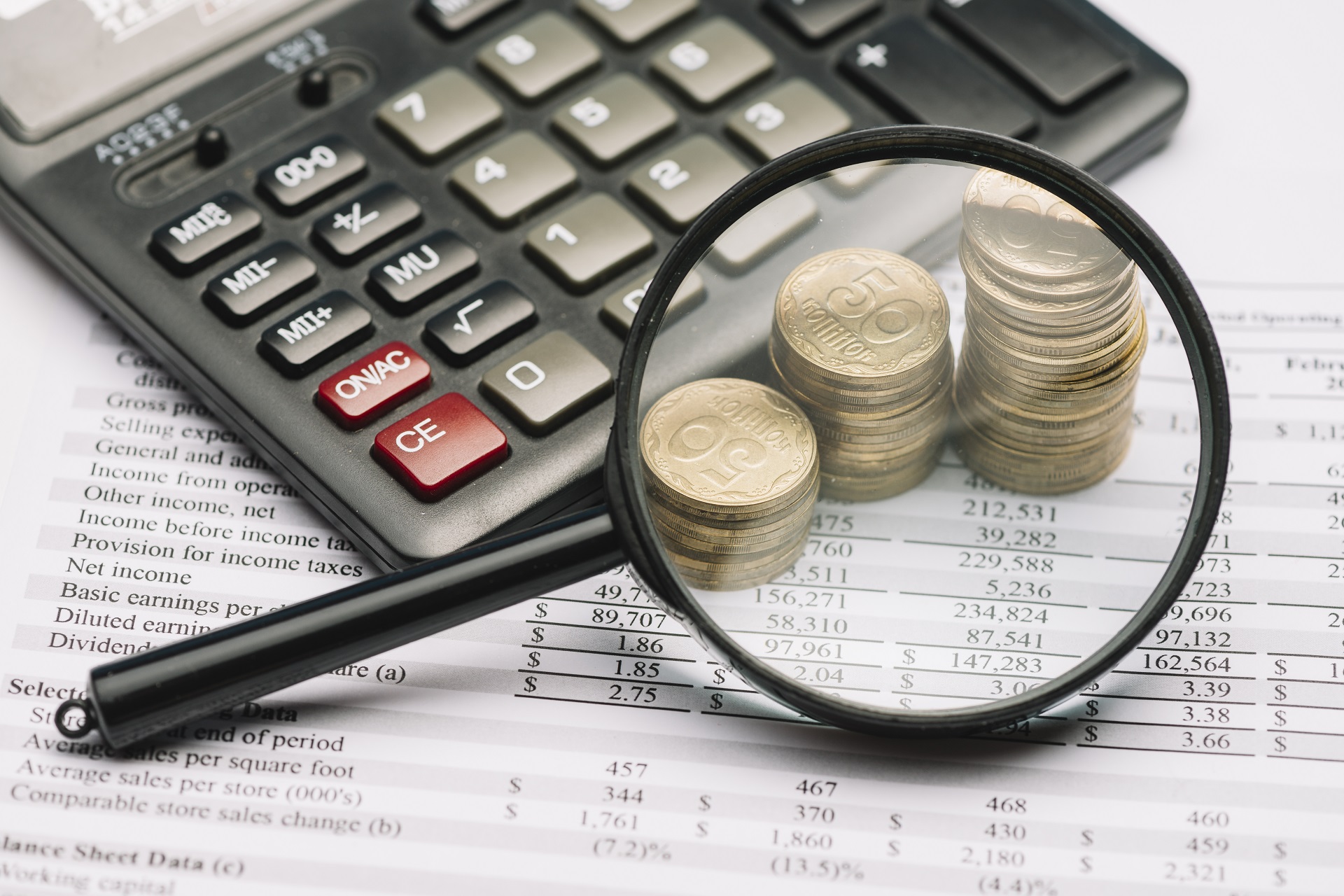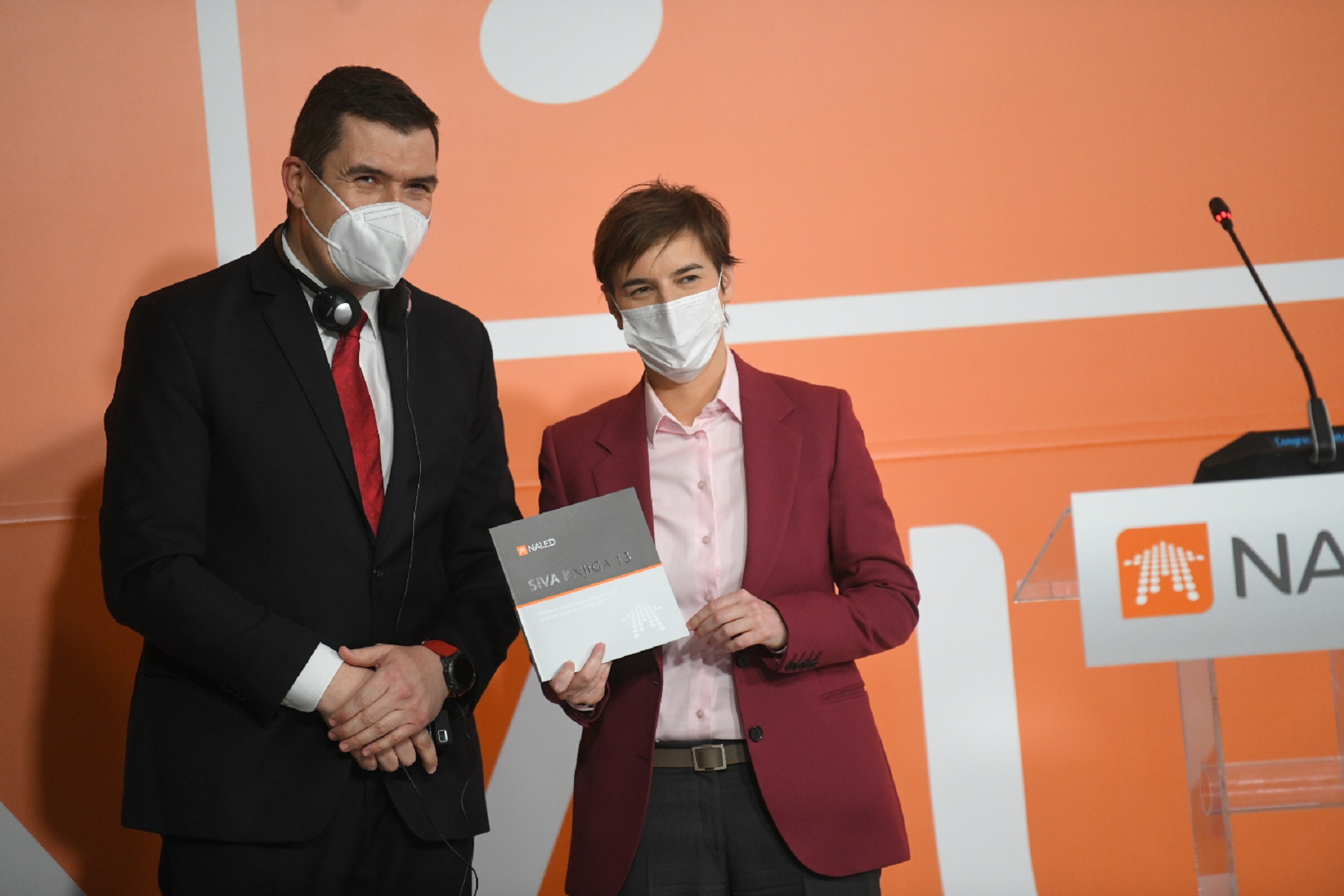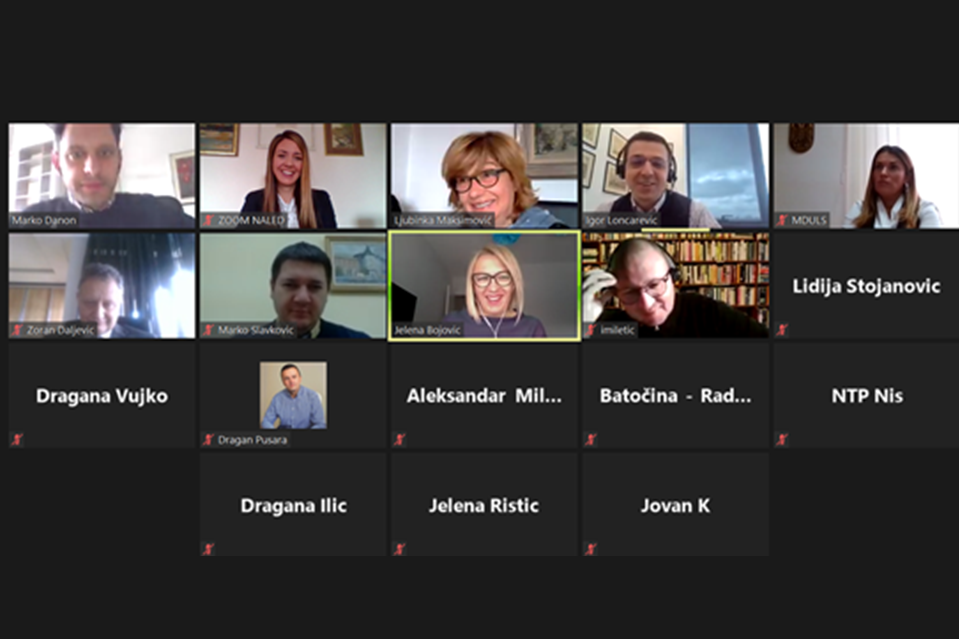Why would the register of non-tax charges be useful for citizens and the economy
During 2019, Serbian businesses set aside almost 148 billion dinars for the 20 largest non-tax charges, according to NALED's annual report on the quality of the regulatory environment - the Regulatory Index of Serbia. This is twice the amount compared to 2016 and the previous RIS, when 73 billion were allocated for the 20 largest levies.
The largest share of the money, almost 75 billion dinars, went to the republic budget (50.7%). Cities and municipalities earned more than 39 billion dinars (26.4%) based on these non-tax charges, the revenues in the provincial budget were 7.6 billion, and 26 billion dinars for other users. Apart from the financial burden, the number of these levies also stands as a problem for citizens and businesses.
- At the national level alone, there are 1,189 non-tax charges, which were listed by KPMG and NALED within the USAID-supported Regulation of Parafiscal Charges project. Adding up a large number of levies prescribed by local governments, provinces, public companies and agencies, it is clear that citizens and the businesses cannot perceive all the charges they have to pay unless we show it to them in a simple way and in one place, within the public electronic registry of non-tax levies. Our goal is to soon present the model of the register to the Ministry of Finance and show its advantages. We will start with the register of the republic and local administrative fees, and we will later add other fees and non-tax levies - says Igor Loncarevic, a partner in the company KPMG and vice president of the Fair Competition Alliance in NALED.
Given that the republic administrative fees are systematized within the law, the first version of the register would help systematize local fees, which can now only be found in individual decisions of local governments. Within the register, users could search for fees on several grounds - the law and by-law that introduced it, the authority responsible for the collection, the basis and amount of fees, the deadline for payment and other important elements. This would make it much easier to find the fees and amounts they are required to pay, as well as the payment account.
Also, the register should have a constitutive effect and prevent the introduction and collection of fees that are not registered. For authorities wanting to register a new levy, there would be an enrollment procedure, and final approval would be given by the Ministry of Finance. In the future, the state could also enable that the payment is paid electronically through the register.
When it comes to the 20 most generous non-tax charges, most money was collected for a special fee for the use of state road (26.1 billion dinars). This is followed by the fee for the use of space and construction land and the fee for the use of public goods with 14.9 billion dinars each. The fourth place is held by the republic administrative fees (9.2 billion), and the fifth by fees for organizing games of chance (8.4 billion). The group of highest fees also includes the fees for the use of airspace, water, forest and agricultural land and natural resources, environmental protection, funds from leasing agricultural land, court fees, etc.
The Regulation of Parafiscal Charges project is being implemented to improve the transparency and predictability of non-tax charges, including all types of fees and other non-tax charges paid by businesses and citizens, through the establishment of a comprehensive public Register of non-tax and parafiscal charges. The project is implemented by Partner Solutions, KPMG, NALED and the Mihajlo Pupin Institute, and funded by the United States Agency for International Development (USAID).



